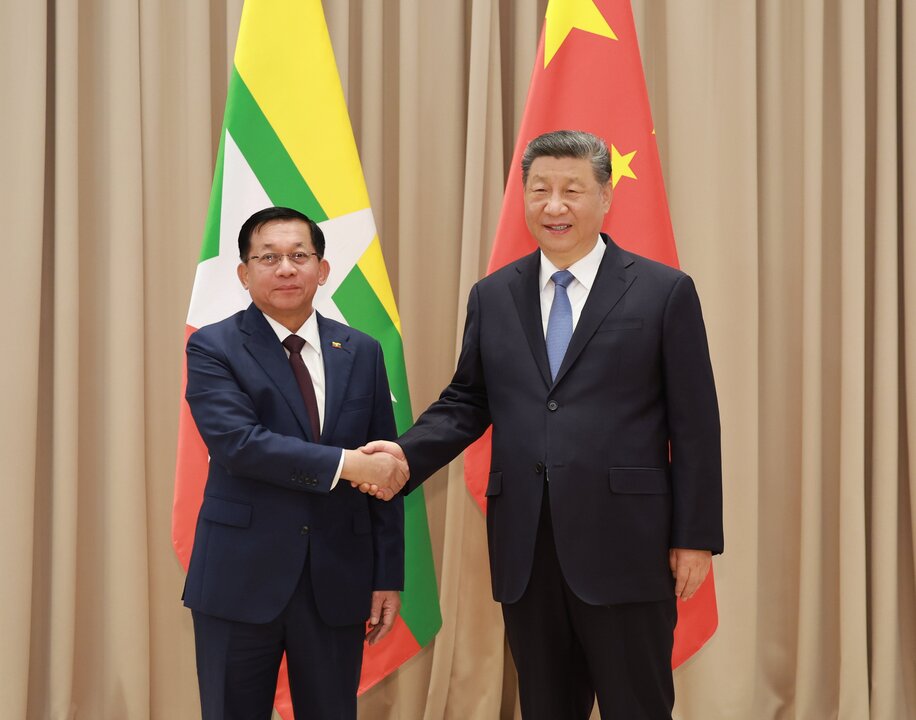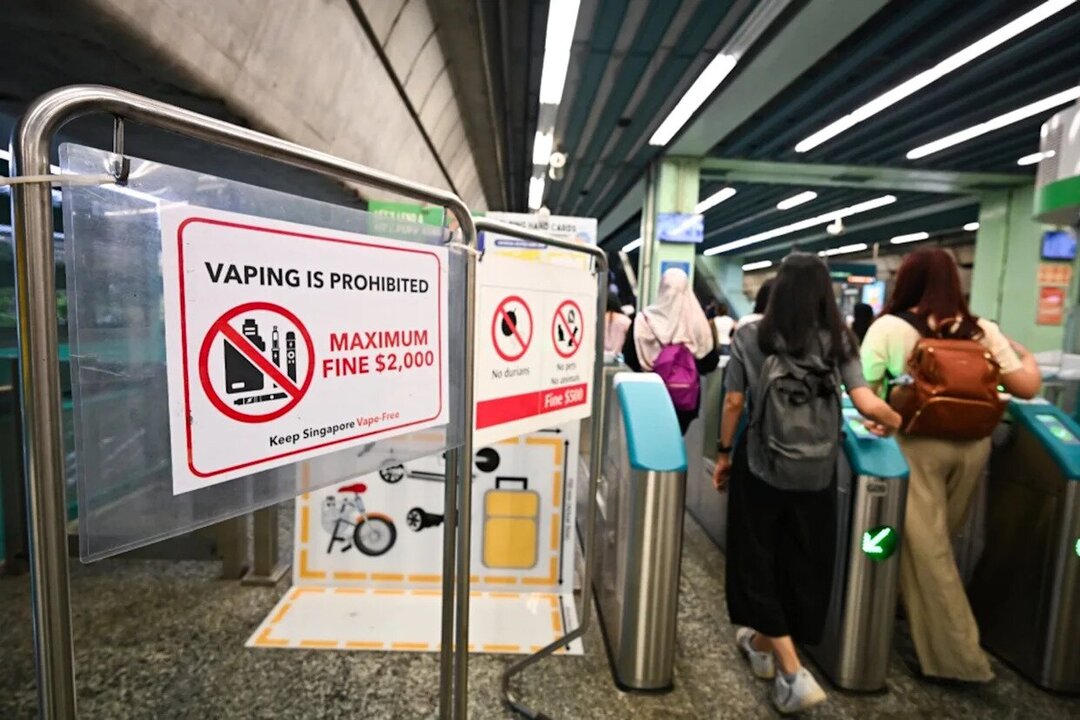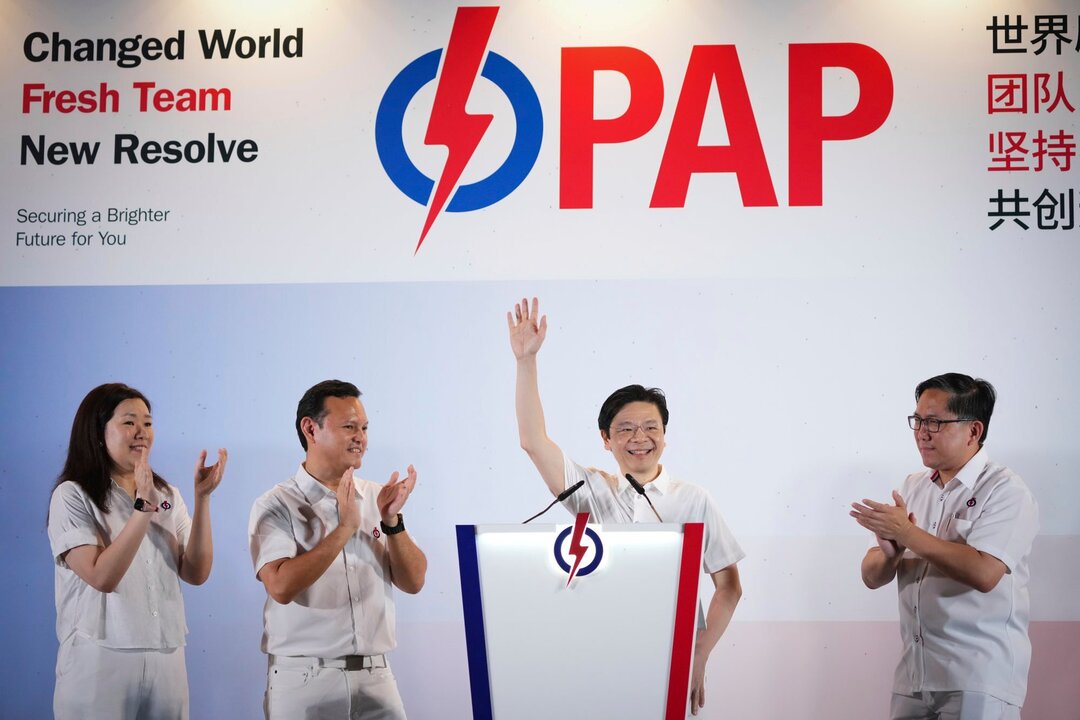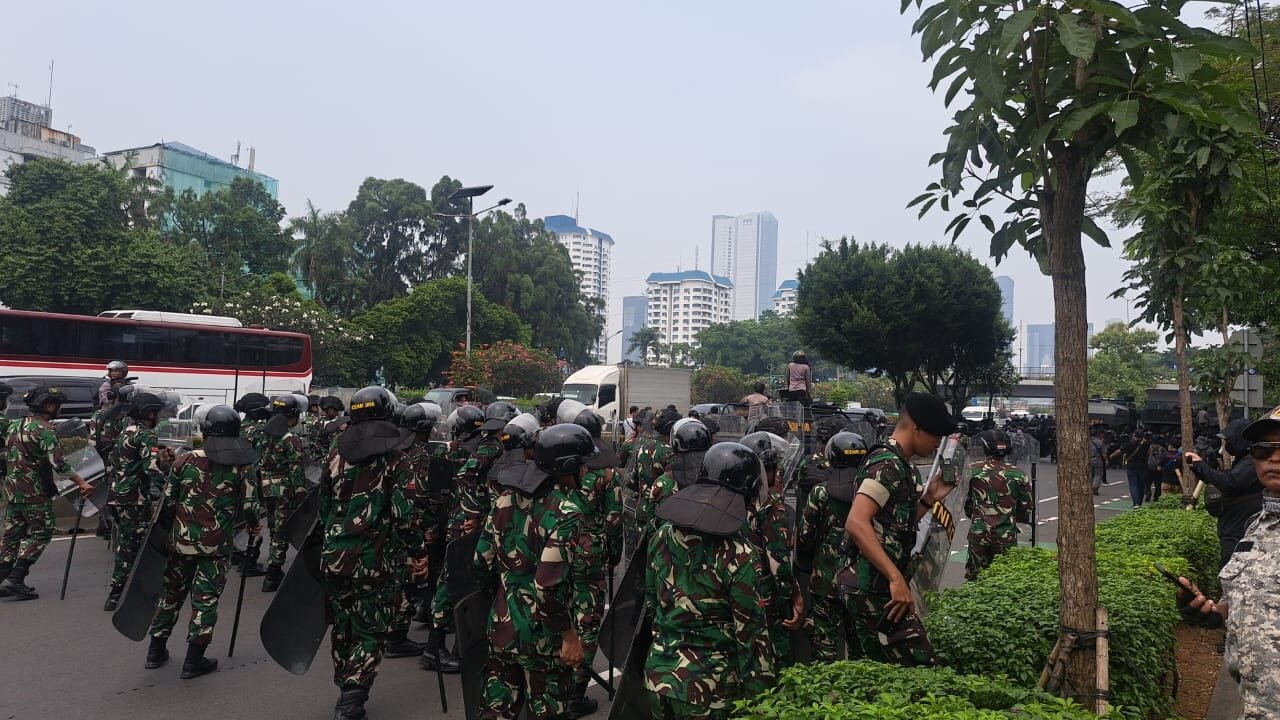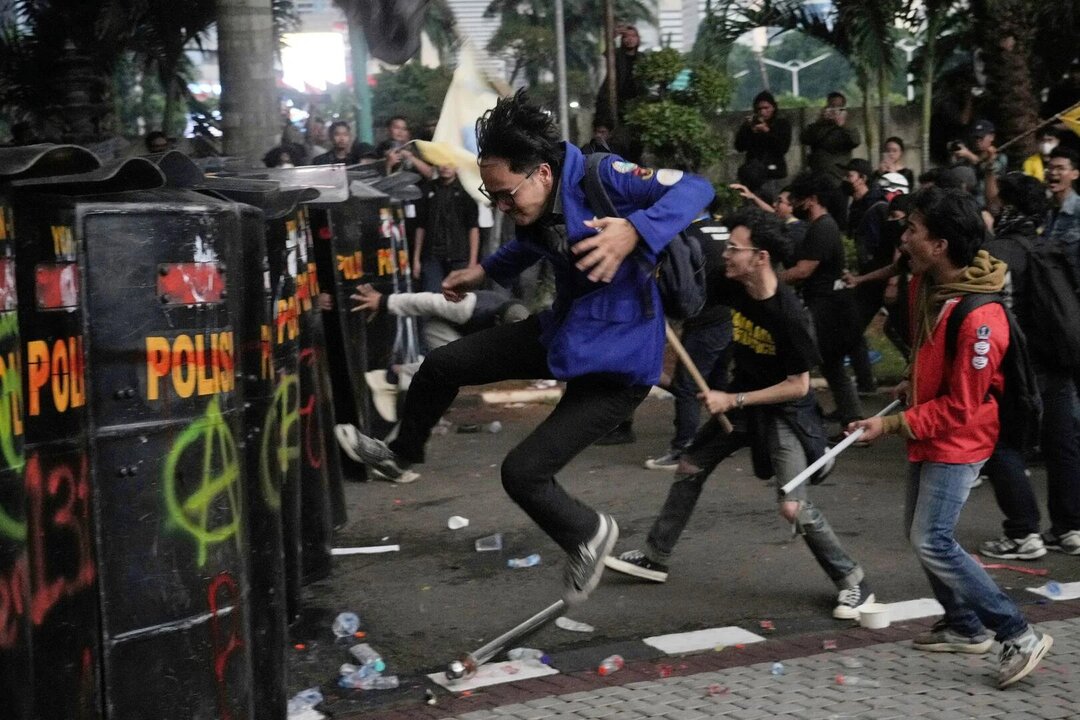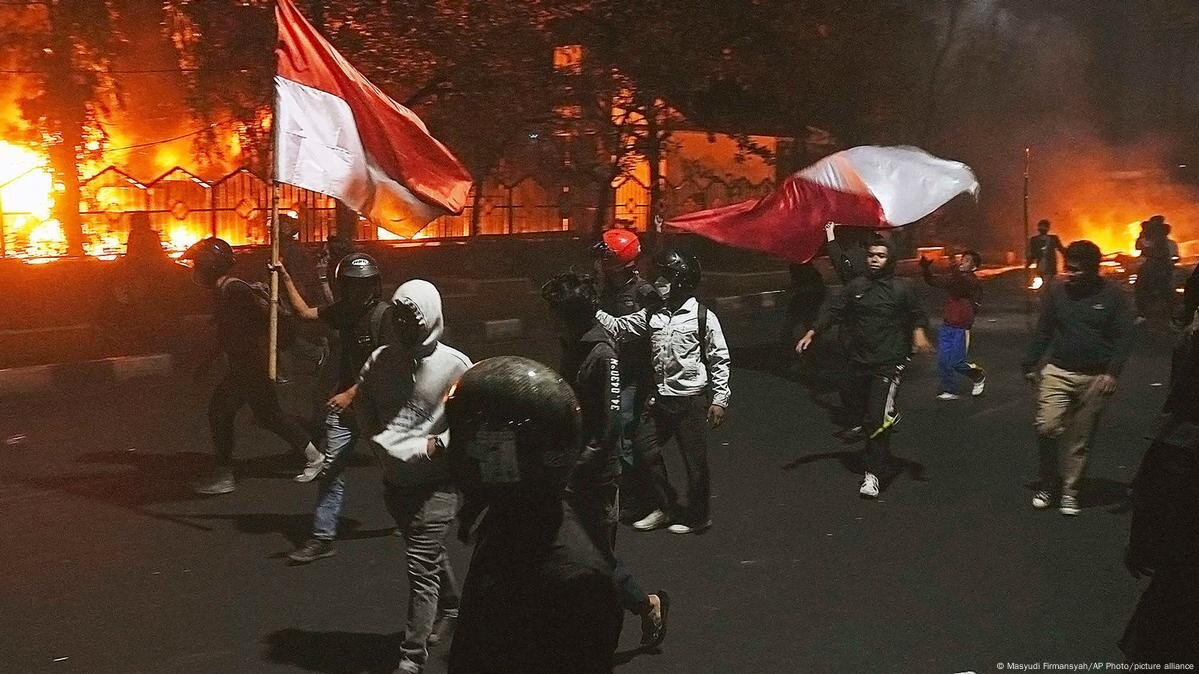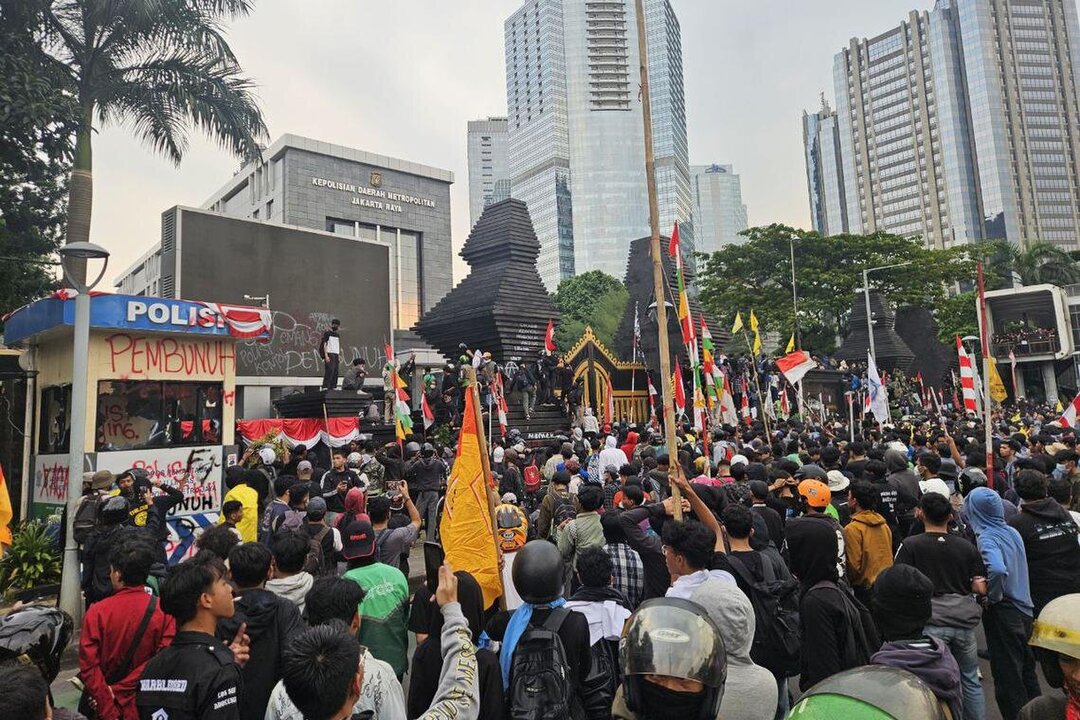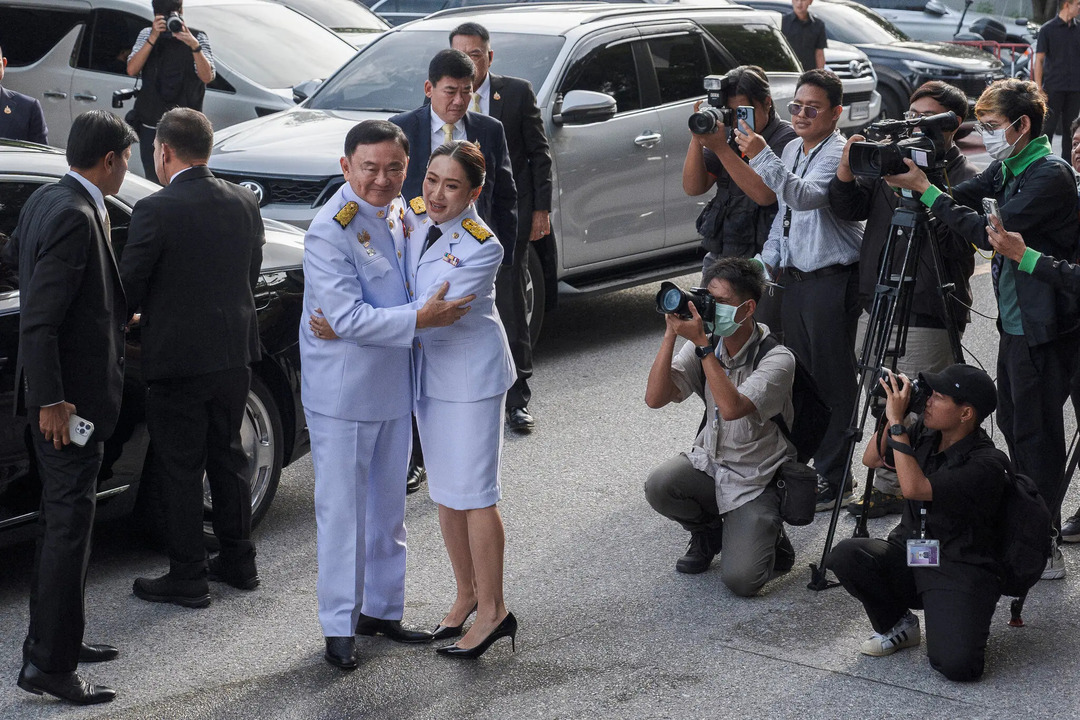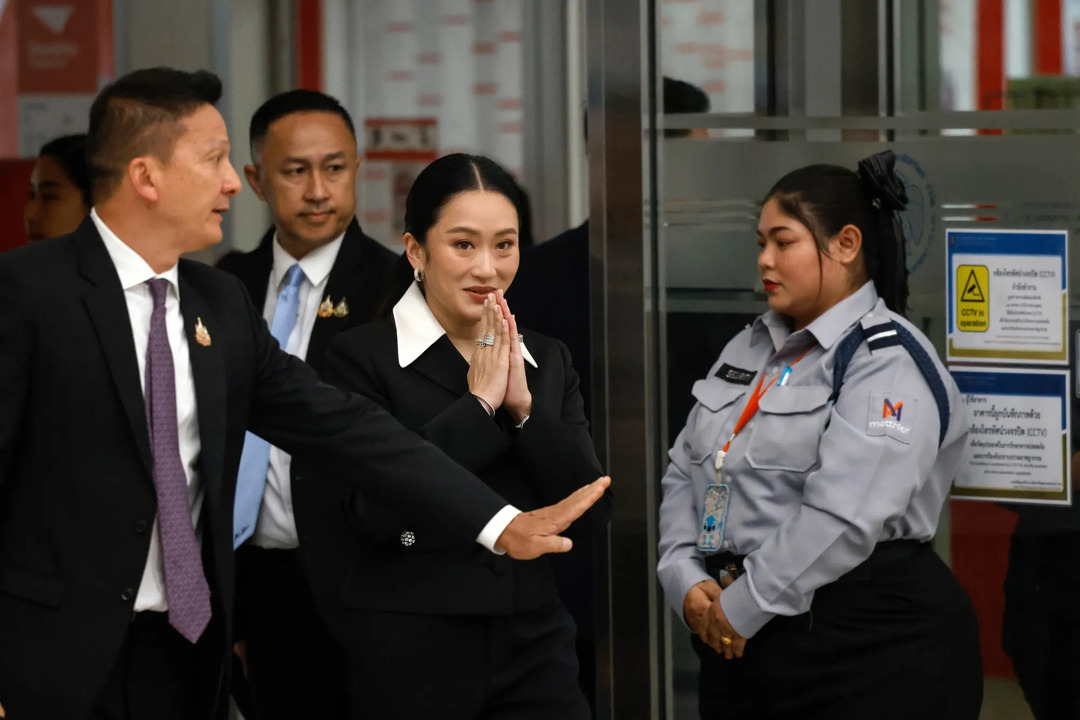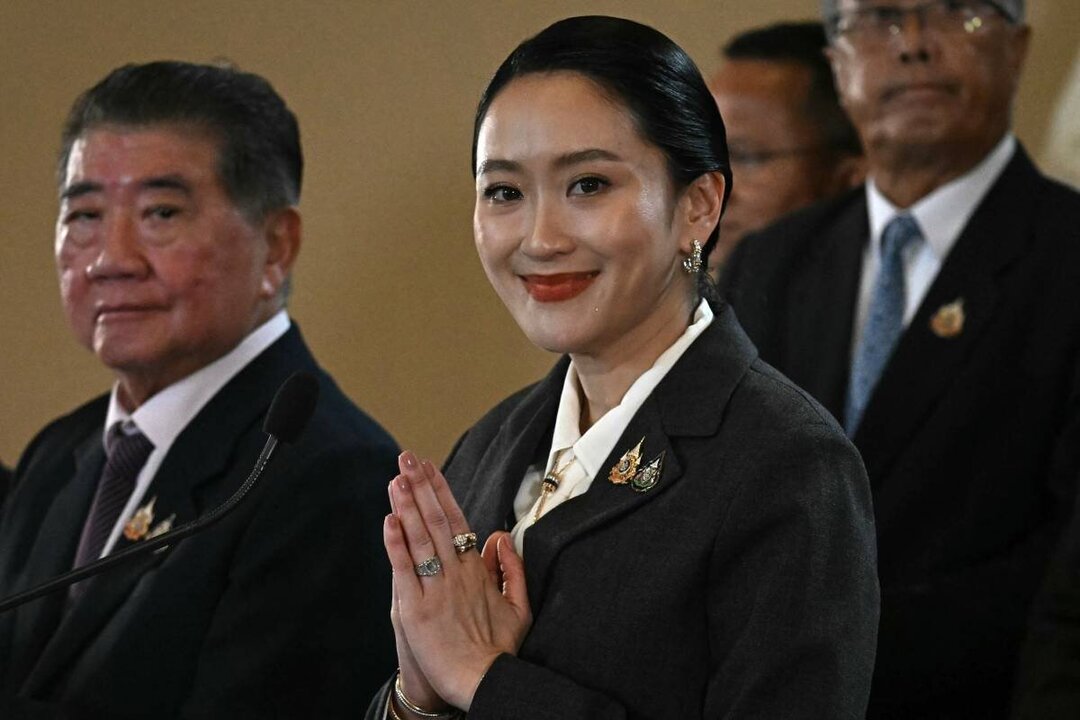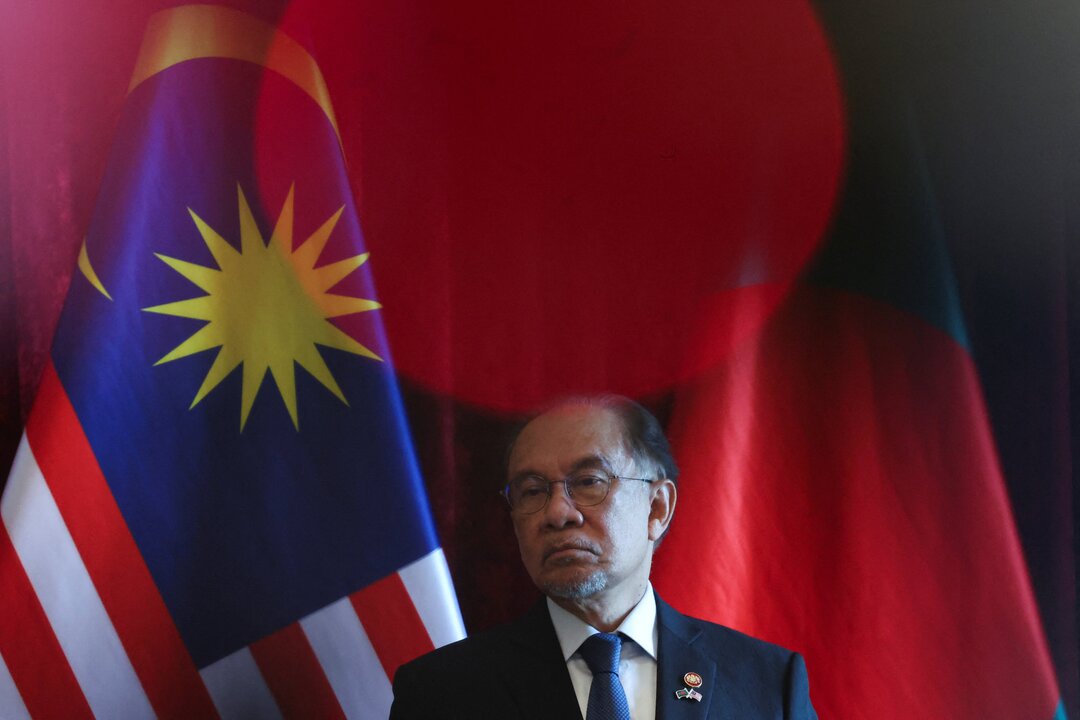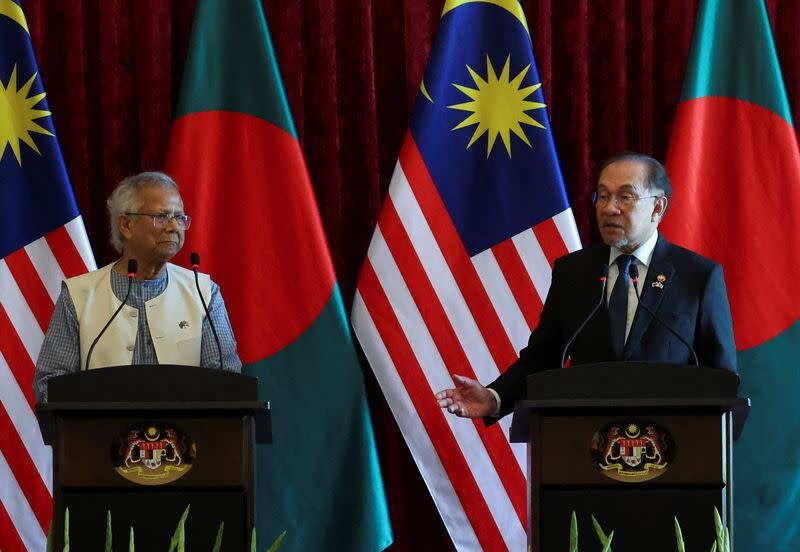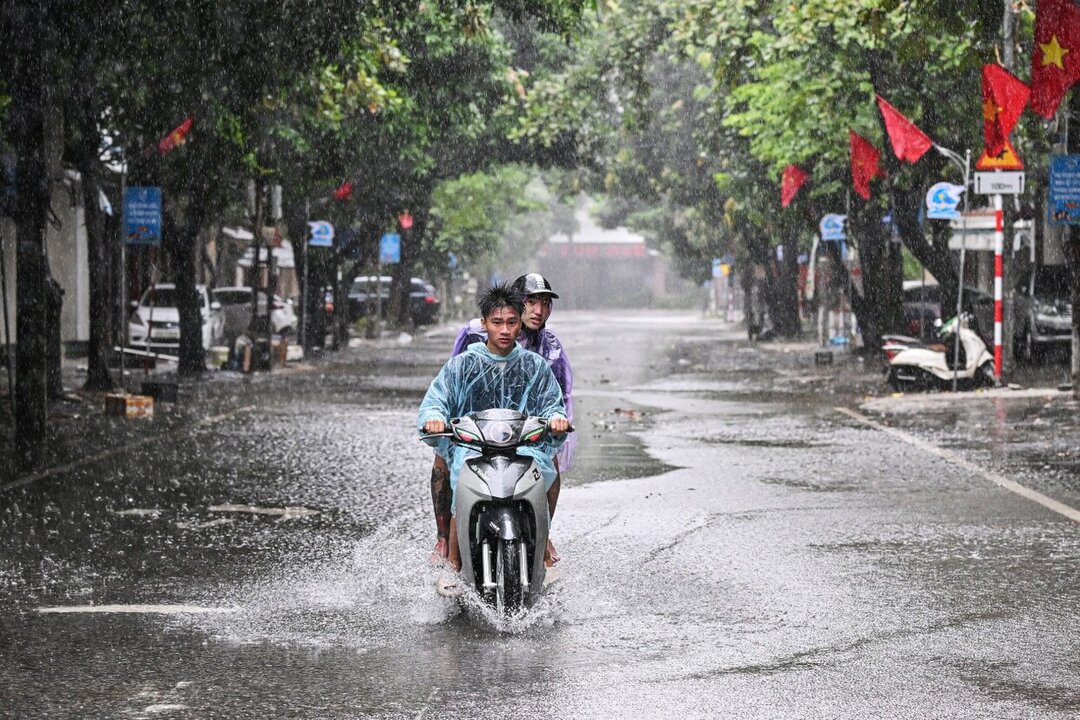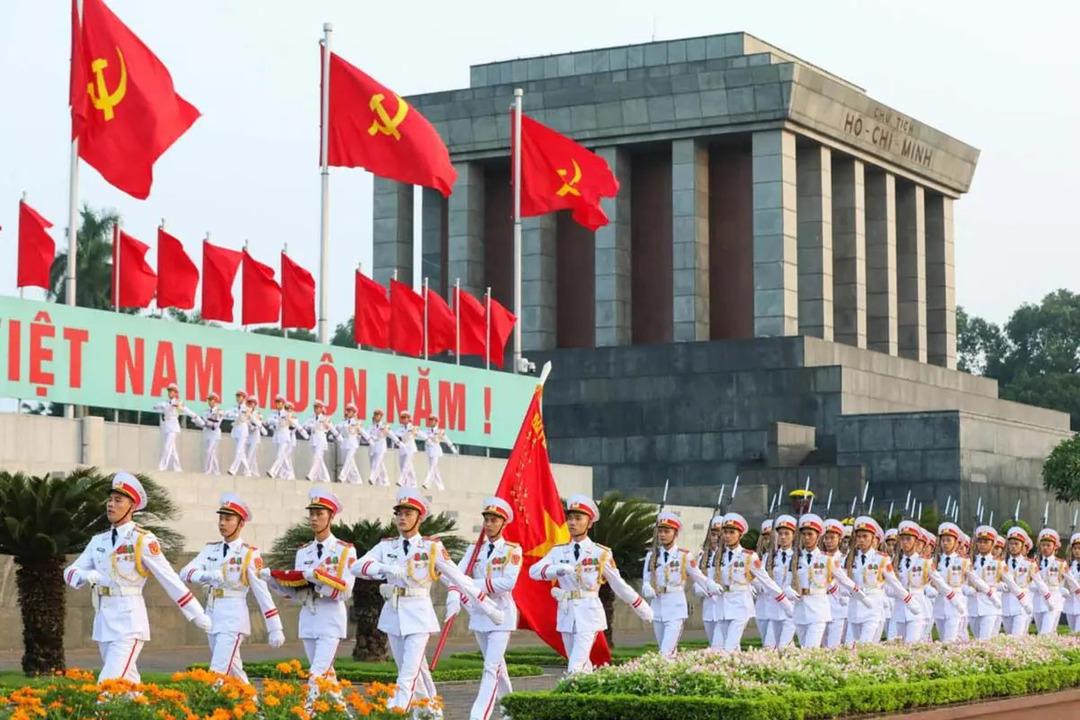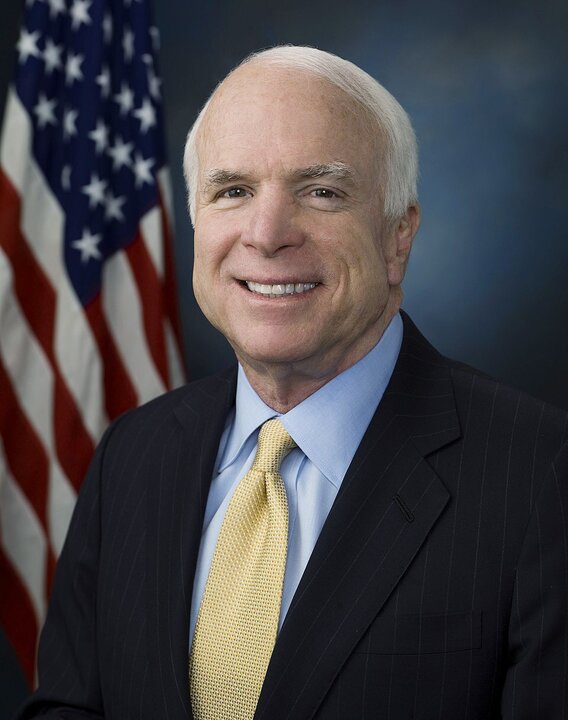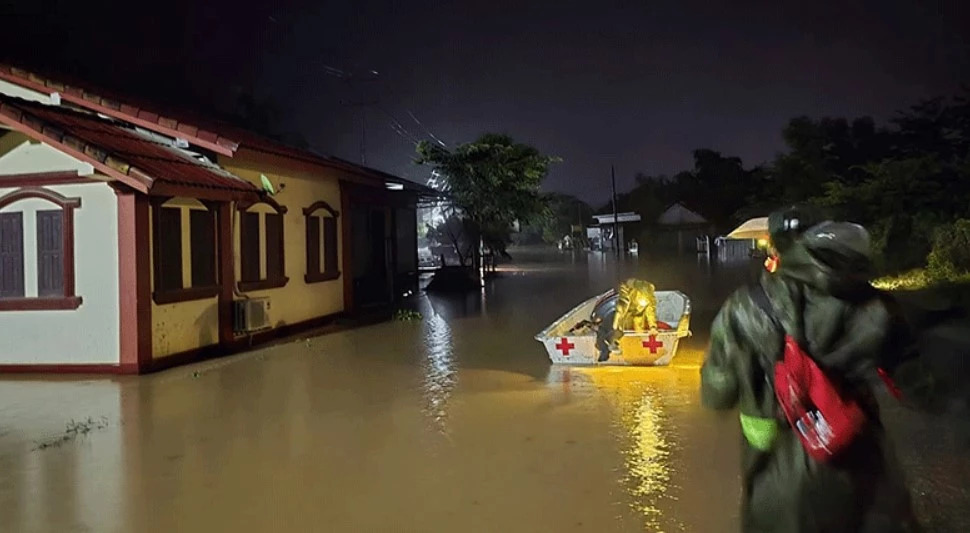Amazon, Google, and major U.S. employers flatten hierarchies, leaving managers with far larger teams and employees with less direct support
Corporate America is undergoing a sweeping transformation as companies slash layers of middle management, reshaping the relationship between bosses and employees.
Large employers across sectors—including Amazon, Google, Intel, Citi, Bank of America, Estée Lauder, and UPS—have moved aggressively to flatten organizational hierarchies, citing efficiency and speed as primary goals.
According to research from Gartner, managers now oversee nearly three times as many employees as they did a decade ago.
In 2017, there was one manager for every five employees.
By 2023, that ratio had widened to one manager for every 15 employees, with evidence it is continuing to rise.
Google recently removed more than a third of its managers of small teams, while Intel eliminated half of its management layers.
Amazon told investors it is deliberately pushing toward larger teams, framing leaner oversight as a sign of strength rather than weakness.
Investors and boards increasingly view fewer managers as proof of corporate agility and resilience.
Companies argue that cutting bureaucracy allows them to remain competitive, particularly in fast-moving sectors such as technology, finance, and consumer goods.
Yet the shift has placed unprecedented pressure on surviving managers, many of whom now juggle responsibilities for dozens of direct reports while losing the ability to serve as mentors, career coaches, or daily supervisors.
Employees are noticing the difference.
Some say they must actively promote their own accomplishments to get recognition, while others feel less engaged.
A Gallup survey showed that fewer than half of U.S. employees now report knowing what is expected of them at work, down sharply since 2020.
“They cannot spend time with their employees, they cannot help develop their employees,” said one veteran human-resources leader, describing the risks of overstretched bosses.
The new model of management is being redefined.
At Bayer, for example, Vice President Lisa Perez now leads two dozen people and has delegated routine approvals to artificial-intelligence tools.
She reserves weekly “coaching hours” for career guidance rather than holding traditional one-on-one meetings.
At Axon, a security equipment company, executives cut their management ranks nearly in half, returning many former supervisors to individual contributor roles.
The company’s president, Josh Isner, argued the old structure slowed development, saying, “I want to keep pushing the envelope.
The best outcome is more speed and more autonomy.”
Not all managers are thriving under this model.
Some describe waking at dawn to handle workloads, struggling to maintain personal connections with employees, or relying on assistants and peers to fill gaps.
Others, however, say the flatter structures foster greater independence, with employees trusted to manage themselves unless major issues arise.
The reshaping of management is one of the most dramatic corporate shifts in decades.
While designed to eliminate bureaucracy and accelerate decision-making, it risks leaving managers overburdened and employees feeling unsupported.
Whether the new balance between efficiency and leadership will prove sustainable remains a pressing question for companies navigating today’s leaner workplace structures.
